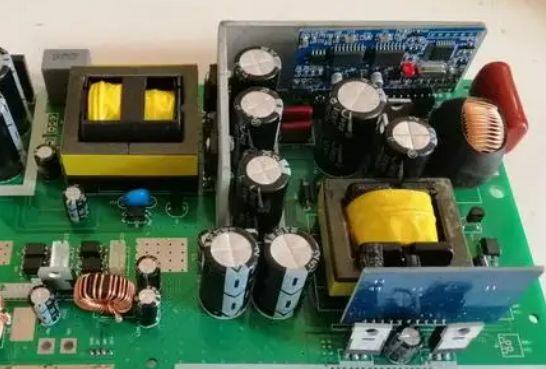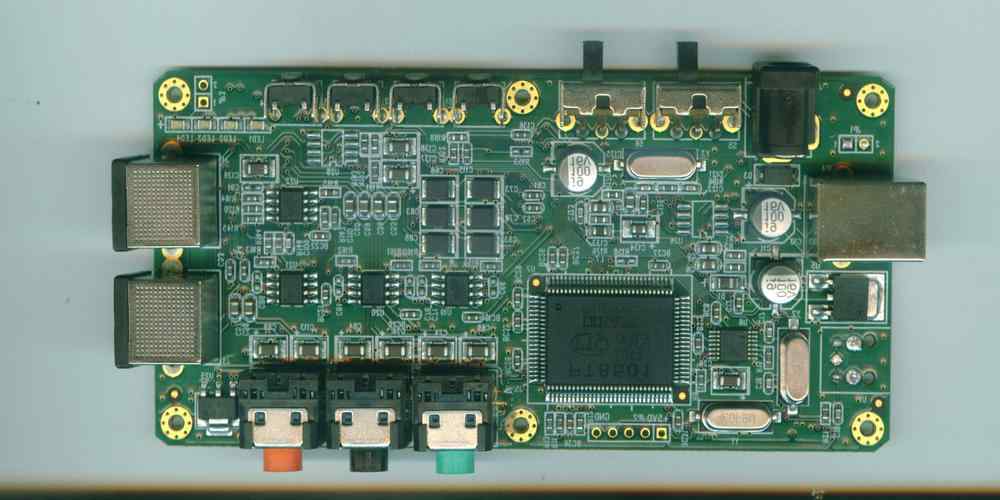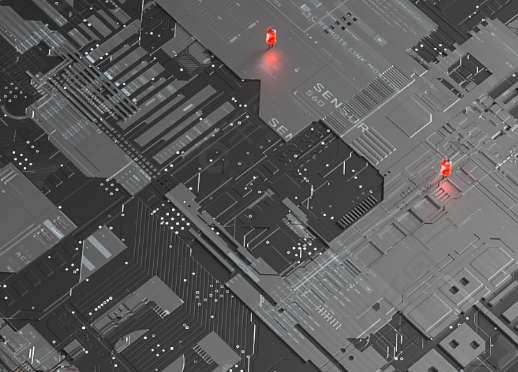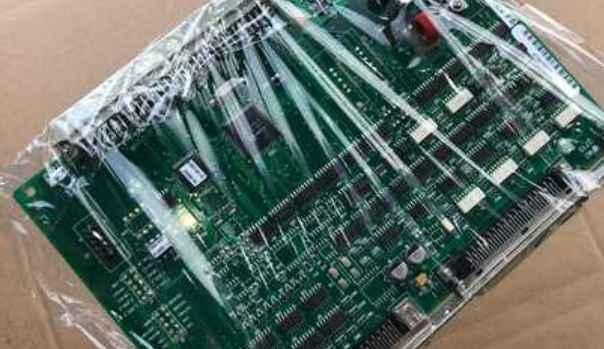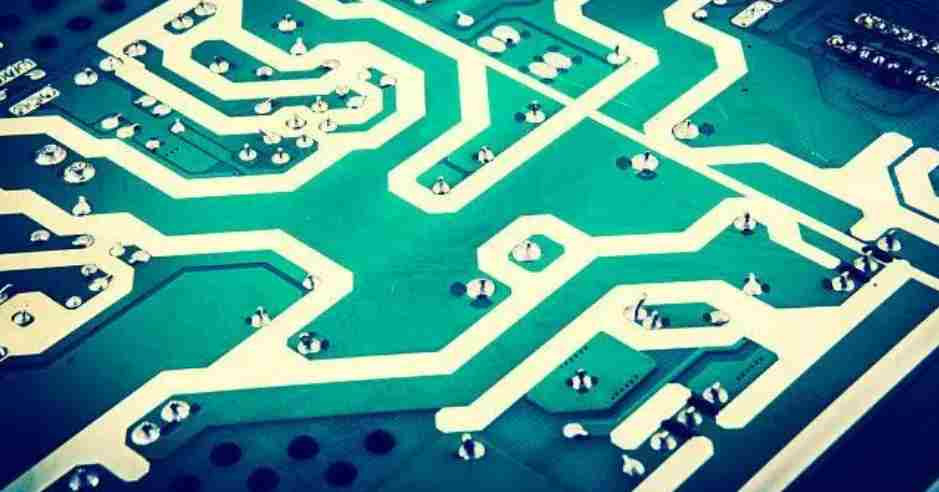
In this paper, the design of PCB Roche coil and integral circuit board will be introduced in detail, the frequency characteristics of the system will be analyzed by PSpice simulation software, and the existing experimental conditions will be used to build a simple test circuit with power amplifier to verify the differential working mode of PCB Roche coil.
According to the lumped parameter equivalent model of Roche coil built in PSpice software, combined with electromagnetic parameters measured by impedance analyzer, the frequency characteristics of Roche coil can be obtained by running simulation.
From the amplitude-frequency characteristics, the amplitude gain increases linearly with the increase of frequency in the frequency band of 10Hz-1MHz. From the phase frequency characteristics, the difference between the output voltage of La Roche coil and the measured current signal deficit is 90°, which is a typical differential working mode. Subsequent signal circuits are required to integrate and restore the differential of the measured current.
In order to verify the differential working mode of the probe of PCB Roche coil, the experiment of periodic signal transmission is designed. The equipment used in the test is: arbitrary waveform generator, power amplifier ATA-1200B, coil current probe, self-made PCB Luo's coil probe and carbon film resistor.
The parameters of the signal generator were set to 2 Vpp, amplified by a power amplifier, and manually triggered 5 periodic signals of different frequencies, namely sine wave (2.5MHz, 1MHz, 500kHz, 250kHz) and triangular wave (400kHz, 200kHz). The measurement results are shown in the figure. When the measured signals are sinusoidal waves of different frequencies, the output Veoi of PCB Roche coil are all cosine waves 90° behind the reference waveform. When the measured signals are triangular waves of different frequencies, the output Vooi of PCB Roche coil is square wave, and the differential working mode of PCB Roche coil is verified. In addition, it can be observed that with the decrease of frequency, interference and noise are also obvious in the output waveform of homemade PCB Roche coil.
How to check after pcb wiring
After the completion of PCB routing design, it is necessary to check whether the PCB routing design conforms to the rules, and check whether the formulated rules do not meet the requirements of the PCB production process. Then how to check the pcb routing after the inspection? Let's take a look at the pcb routing inspection method.
General items to be checked after PCB wiring include general PCB design check items, PCB electrical characteristics check items, PCB physical characteristics check items, PCB mechanical design factors, PCB PCB PCB board installation requirements, PCB board allocation requirements, PCB mechanical considerations, PCB electrical considerations, PCB routing path and positioning, PCB width and Thickness, PCB wire spacing, PCB wire graphic check, PCB design item check list.
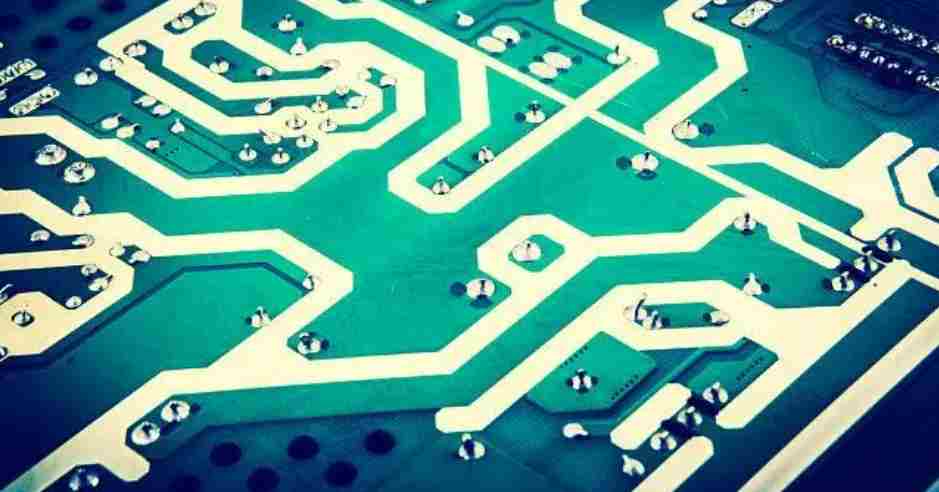
1. Check whether the distance between the through hole and the through hole is reasonable.
2. Check whether the width of the power cable and ground cable is appropriate.
3. Check whether the best measures are taken for key signal cables.
4. Check whether the analog circuit and the digital circuit have independent ground cables.
5. Check whether the graphics added on the PCB board will cause signal short circuit.
6. Check whether there is a process line on the PCB board.
7. Check whether the edge of the outer frame of the power layer in the multi-layer PCB board is reduced.
1. Check whether the distance between the through hole and the through hole is reasonable.
2. Check whether the width of the power cable and ground cable is appropriate.
3. Check whether the best measures are taken for key signal cables.
4. Check whether the analog circuit and the digital circuit have independent ground cables.
5. Check whether the graphics added on the PCB board will cause signal short circuit.
6. Check whether there is a process line on the PCB board.
7. Check whether the edge of the outer frame of the power layer in the multi-layer PCB board is reduced.
Now do we know that the gold is gold and the silver is silver? Of course not, it's tin.
Three, spray tin circuit board
The silver plate is called a tin-spray plate. Spraying a layer of tin over the copper wire can also help with welding. But it doesn't offer the same long-term contact reliability as gold. There is no impact on the components that have been welded, but the reliability is not enough for the pad exposed to air for a long time, such as the ground pad, the pin socket and so on. Long-term use is easy to oxidize and rust, resulting in poor contact. Basically used as a circuit board of small digital products, without exception is the spray tin plate, the reason is cheap.
Its advantages and disadvantages are summarized as follows:
Advantages: Low price, good welding performance.
Disadvantages: It is not suitable for welding pins with fine clearance and too small components, because the surface of the tinspray plate is poor. solderbead is easy to produce in PCB processing, which is easy to cause short circuit for finepitch components. When used in double-sided SMT process, because the second side has undergone a high temperature reflow welding, it is very easy to remelt tin spray and produce tin beads or similar water beads to drip into spherical tin spots affected by gravity, resulting in more uneven surface and thus affecting welding problems.
Previously, the cheapest light red circuit board, the lamp thermoelectric separation of copper substrate
Four, OSP process board
Organic welding aid film. Because it's organic, not metal, it's cheaper than tin-spraying.
Advantages: With all the advantages of bare copper plate welding, expired boards can also be re-finished.


